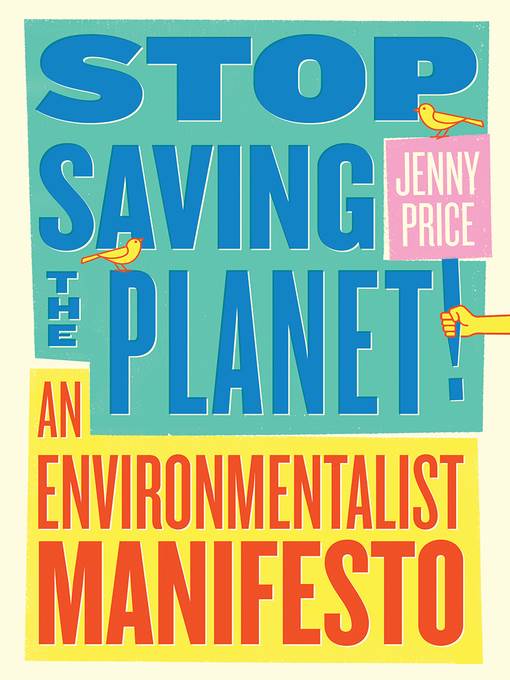
Stop Saving the Planet!
An Environmentalist Manifesto
- اطلاعات
- نقد و بررسی
- دیدگاه کاربران
نقد و بررسی

March 1, 2021
Why hasn't the environmental movement made a more significant impact on the health of our planet? In this brief, energetic book, Price pleads for a more comprehensive environmentalism, which she defines as "in here" rather than "out there." The rapidly paced, conversational narrative, loaded with bullet points, sidebars, pull quotes, and "Scribble Zone[s] ("write, draw, ponder..."), will catch the attention of some readers but annoy others. In addition to rhetorical swipes at "the Kochs and ultraright politicians," the author advances some important, if familiar, arguments about the state of environmentalism. For decades, many major corporations have claimed "green" credentials that have been superficial at best. Coca Cola has pushed "Keep America Beautiful" since the 1950s, but the trash that used to litter sidewalks now just ends up in landfills. Nestl�, the world's largest food and beverage company, introduced water bottles with less plastic but still "aggressively drains and privatizes public water sources to fill" those bottles. Apple's headquarters is LEED certified, but what about its suppliers in China? In other words, notes Price, the "green efforts" of large corporations are mainly for show. While Barack Obama's "Cash for Clunkers" campaign seemed like a good idea, it required the trashing of working cars, at great environmental cost. The author focuses on discerning actual impact, including the "ultra-toxic industrial practices" needed to create such ostensibly environmentally friendly products as electric cars. We have "greenwashed" the economy to justify buying more and more "green" products while the root problem, rampant consumerism, goes unaddressed. The author's criticisms about the destructive nature of capitalism are well taken yet require further development. Her more practical, real-world examples, most of which derive from European nations--"only glass beverage bottles allowed (Denmark, with a near 100% return rate")--are the most effective parts of the book, which should not be viewed as a comprehensive resource. A fun introduction to a serious topic that should serve as a starting point for further study and action.
COPYRIGHT(2021) Kirkus Reviews, ALL RIGHTS RESERVED.




دیدگاه کاربران